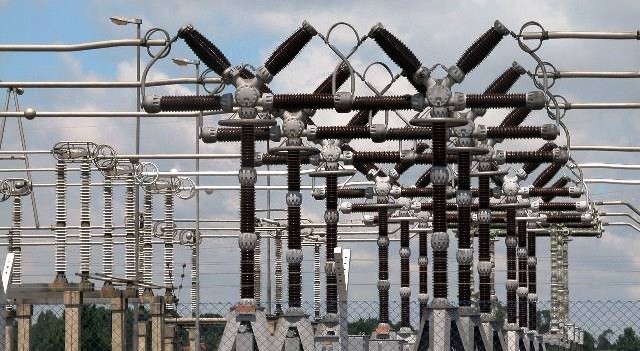Most parts of the country have been thrown into outer darkness due to power outages/shortages caused by a breakdown of nine National Integrated Power Plants (NIPPs) supplying electricity to the national grid.
The affected plants are Sapele, Afam, Olorunsogo, Omotosho, Ibom, Egbin, Alaoji and Ihovbor while Jebba Plant is currently down for annual maintenance.
Also, seven other integrated power plants namely Geregu, Sapele, Omotosho, Gbarain, Omoku, Paras and Alaoji are experiencing gas constraints while the Shiroro plant has water management problems.
The Minister of Power Engr. Sale Mamman who described the situation as unfortunate in a statement issued by Aaron Arrtmas, his media aide in Abuja, however, attributed the situation to inadequate gas supply to some thermal plants, annual maintenance and water management at the hydro plants.
The statement reads; ‘The Ministry of Power is not unaware of the current power outages/shortages bedevilling many parts of the country.
”The problem is caused by the breakdown of some National Integrated Power Plants supplying electricity to the national grid. The plants are namely, Sapele, Afam, Olonrunsogo, Omotosho, Ibom, Egbin, Alaoji and Ihovbor. The Jebba Power Plant was shut down for annual maintenance.
”Seven other integrated Power plants, namely Geregu, Sepele, Omotosho, Gbarain, Omuku, Paras and Alaoji are experiencing gas constraints while the Shiroro plant has water management problems.
”This unfortunate development has drastically affected Power generation, thus effectively minimizing the national grid.
‘In view of this, The Hon Minister of Power Engr Sale Mamman regrets this unfortunate situation and offers his sincere apology to all affected Nigerians on the inconveniences the Power shortages are causing.
”He assures that the ministry through the appropriate Agencies is working assiduously to rectify the technical problems affecting the plants as well as resolving the gas issues to the others.
”Engr Sale Mamman further assures that the national grid will be restored to its previous historic distribution peak of about 5,600MW of electricity achieved early this year, so as to relief Nigerians from the current harsh climatic conditions and restore full economic activities.”
